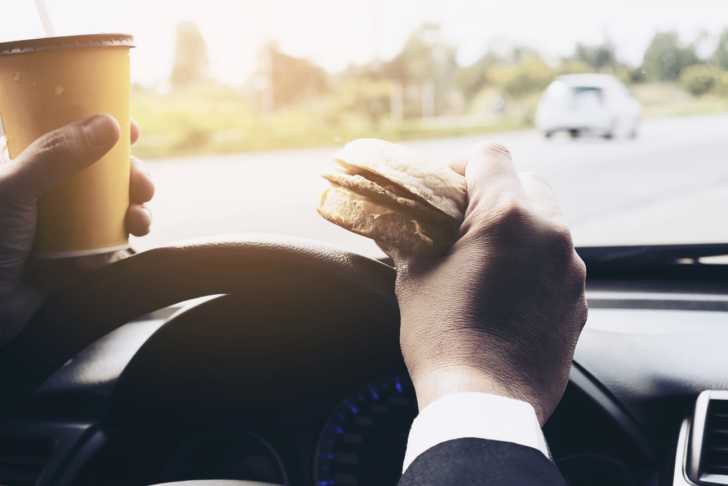5 Reasons to get more zen with food
We eat healthier when we eat mindfully, but what does mindful eating really mean and why should you care?
3. Prevent overeating

Worried about how much you eat? Before downloading an app for that, try eating mindfully. If you can fine tune your attention to fullness so that you can stop eating when comfortably full and not overly full, you will eat proper amounts. This is easier said than done because like mentioned above, if we are overly hungry at all, stopping when comfortably full is challenging. It can also feel tough if we have been conditioned to do things like clean our plate or grab a candy from the receptionist’s desk out of habit instead of true desire. Pay attention to what your mindlessly eating triggers are, then work on reducing these by increasing awareness (by asking “am I hungry?” “do I want this?”). Practicing stopping when full and avoiding mindless overeating helps prevent overeating.
4. Mindless undereating
Do you know that it’s possible to mindlessly undereat too? Mindless undereating gets us into trouble for two big reasons. First, the more we skip meals or snacks, the harder it is for our bodies to sense calm hunger and comfortable fullness. And second, any time we go longer than three to four hours without eating, we are set up for overeating.
What does mindless undereating look like? It’s often a result of feeling too busy to eat. It’s when the lunch meeting is scheduled for an hour from now and although you are on the brink of low blood sugar, you decide to wait rather than have a small snack now. Or when you make your toddler lunch, and rather than also making yourself an adult lunch, you just munch on the goldfish crackers and apple slices your toddler left behind.
5. Mindfulness spectrum

When you hear “mindful eating” do you picture a dimly lit room with a candle and soft zen music playing? If you do, you’re not alone. This image is one reason people give up on mindful eating. It feels unrealistic and unattainable (because it is!). Mindfulness with food happens on a continuum. It is possible to insert awareness to food and body into any and all eating experiences in even the busiest day. If you have no choice but to work through lunch or drive while eating a snack, ask yourself questions that force a body check-in:
How does this taste (use specific adjectives, not merely “good” or “bad”)?
Do I like this enough to eat it again tomorrow?
What words describe the texture?
What would I change to make this meal or snack even tastier?
SKM: below-content placeholderWhizzco for CRH

